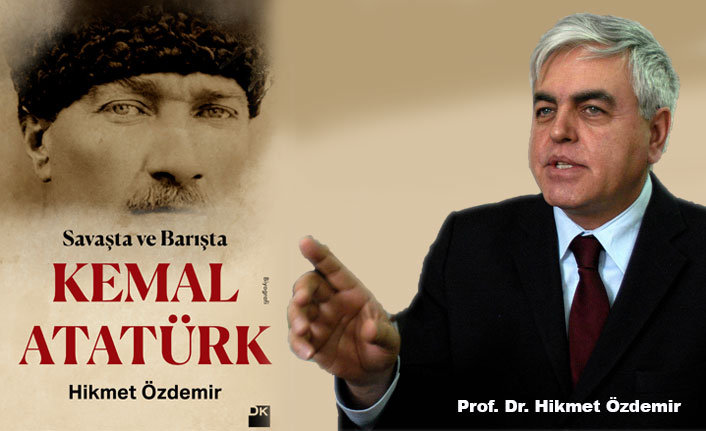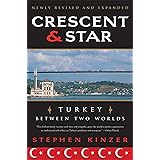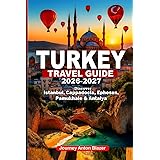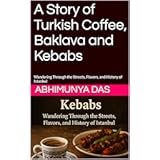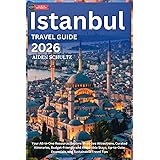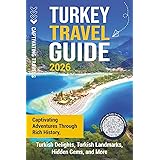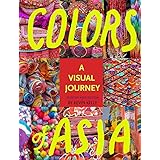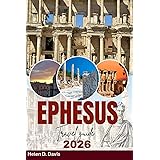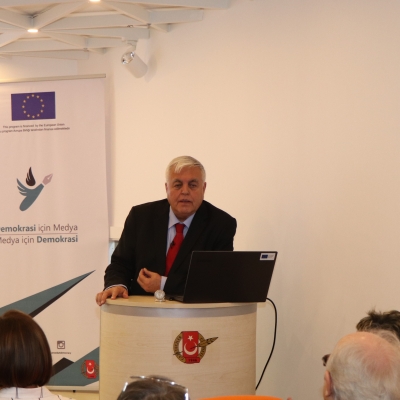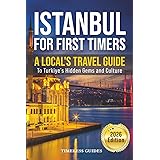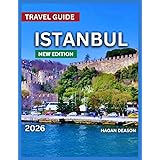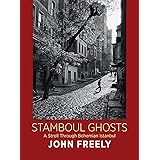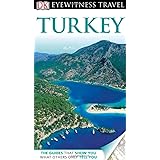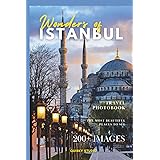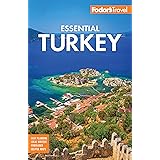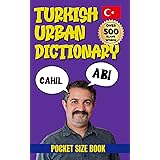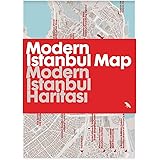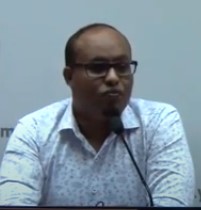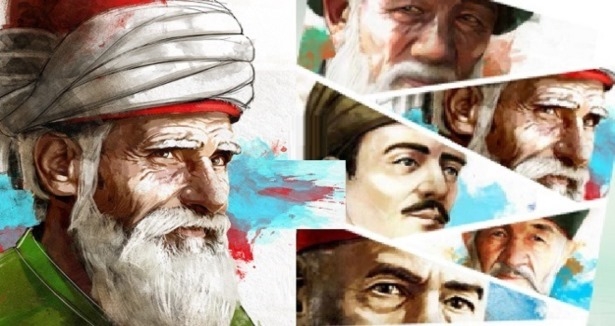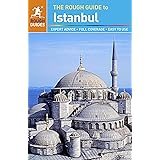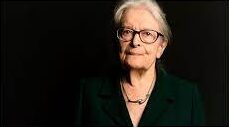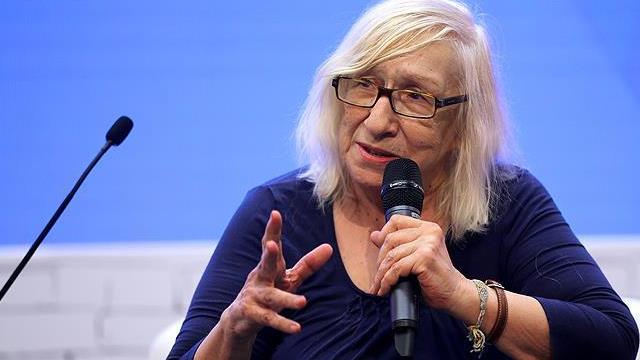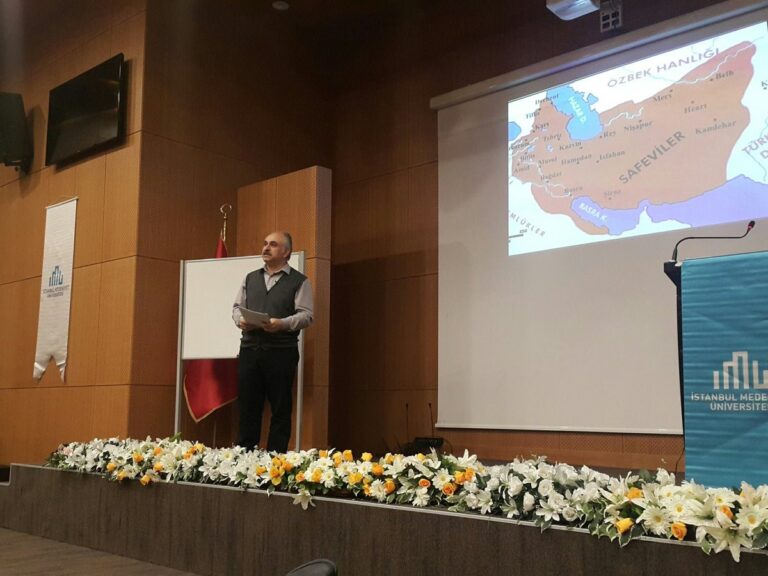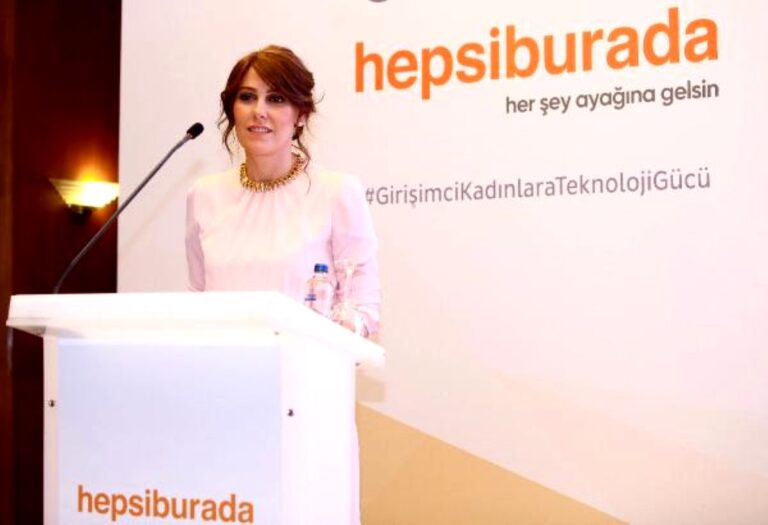Human rights are human rights, but not all human rights are human rights.
Many things are said about people, but people are never mentioned.
Every great thinker is a child of future ages as well as people of his own age.
Every -ism is a generalization, a transgression, a wholesale explanation, or an abstraction. ”
As long as the world is looked at “from the outside”, from the opposite side, one cannot go beyond the shell of what is.
It is not judgments but valuations that betray a person—what they actually do, demonstrate, experience.
The protection of any human right or group of human rights cannot be delayed in a country in the name of protecting another human right or group of rights.
“Wherever I found a living being, there I also heard the word of submission. Every living being is a submissive being”.
Evil in the world almost always comes from ignorance; wanting the good can do just as much harm, if unenlightened, as wanting the bad.
One of the main tasks of philosophy education is to educate people as early as possible so that they gain an eye to see where human dignity is at stake.
The opposite of every condition that prevents people from realizing and developing their possibilities as human beings is a “human right”.
Every constitution made without taking the protection of fundamental human rights as a basis, and every law enacted without establishing any relation to these rights, every institution and institution established is an abuse of positive law.
Existence as a human being in this sphere of earth constitutes the first freedom. The embodiment of this first freedom constitutes the first right, the first fundamental right. And this is what we call the “right to life”.
We harm human dignity, our own dignity, not by what we suffer, but by what we do, because we are responsible for what we do, not what others do to us. It is up to us to do or not do something.
When is a concept dangerous? When everyone thinks they know the concept, even though its content is fuzzy. I’m afraid that human rights has already become a dangerous concept. Philosophy must reconsider them, scrutinize their content.
Human rights express certain requirements for every human being. These requirements appear as demands to recognize and protect human worth, that is, to protect people simply because they are human.
A philosopher, that is, a person who brings new and correct information in the field of philosophy, does not have to be “alone”. A philosopher is a person before being a philosopher. One “friend” is enough for him not to be alone.
The free man wants to be alone; he wants to be alone for his own business: he is the man who can be alone. He is self sufficient. The conversations he doesn’t have with people like himself are just words. He does not speak to the heap or the flock; talks to people like himself and those who will be like him
To include human rights education in non-formal and formal education, to popularize the concept of “state based on human rights” instead of the concept of “state respecting human rights”, which is compatible with the understanding of the state as an entity on its own, and to make the protection of basic human rights under current conditions the main objective of national policies.
Who is the “big man”? “The loneliest man, the most reserved, the most reserved, the man beyond good and evil, the man who is the master of his own virtues and the abundance of his will: this must be the greatest man. To be as many-sided as it is a whole, as wide as it is full: this must be greatness.”
“In the writings of many thinkers and poets, the traces of anxiety, heartache and remorse for being separated from the herd are evident: because the one who is separated from the herd has to stay alone; Being alone is not everyone’s business. But those that are not spent (…) become so powerful – they have to be so strong – that it is impossible not to let the herd fear them.
Our world is currently experiencing the consequences of postmodernism. Believing is a psychic phenomenon. And it’s not just about religion. People who try to add meaning to their lives can add meaning to valuable things, as well as meaningless things. This keeps them afloat. But as soon as these things happen, they can be harmful to themselves and others. For this, it is helpful in education to show people the way to see valuable “things” as meaningful.
“Believe me! The secret of reaping the product of the greatest efficiency and non-existent taste is this: living dangerously! Build your cities on Vesuvius! Release your ships to the unexplored seas! Live in a state of war with your likes and yourself! Be pirates and conquerors, unless you dominate, get what you want, you Knowers! Hidden in the forest like a timid deer, time flies by when it should have been enough for you to live! In the end, knowledge will reach out to what suits it – it will want to dominate, it will want to acquire it, and you will go with it!”
I see human rights as a way out of the impasse that humanity is dragged into. This path goes through an increase in the number of people, especially administrators, who have a clear conceptual knowledge of human rights and sincerely want to protect human rights. There is ignorance and bargaining on this subject. Today, there can be heads of state in our world who come to power through democratic means and say, “I have never committed corruption, I have not done anything that I should not have done, I just had some extrajudicial executions”. This shows the ignorance of the person while doing it or saying it.
Wisdom doesn’t need “defense”. Sooner or later people have to resort to their products and help. What is wisdom? For Aristotle, wisdom is a virtue of thought: it is the direct and indirect knowledge of those who are most valuable in their nature. But if we consider the Seven Sages of Ancient Ages, Prophet Solomon and other such people, the characteristics of the sage can be expressed as follows: The sage can make the most accurate decisions in life/practice – about what should or can be done in a particular situation – based on the general/theoretical information he has reached. is the giver.
I have no right to say that a person who has not received a “philosophy” education cannot lead a decent life – a “good” life. Not every person who has studied philosophy is “good” and “creative”. But a person with a proper philosophical education is more likely to be a person who can look with varying degrees of self-knowledge and value, and is more likely to be aware of what he does not know. When he is aware of this, that is, when he is aware that the missing information is a necessary information for his job, he tries to acquire/learn it, that is, he feels the responsibility of learning it.
The problem of protecting human rights appears to be a philosophical, ethical and political problem. It is a philosophical problem because there is a strong need for clarification of the concept of human rights – a clarity that can enable us to draw more solid conclusions about what these rights entail. Ethics is an issue because it is people who respect or violate these rights in everyday life; It is people who contribute to their protection through events or decisions they make as public officials. It is also a political problem; because it is the duty of every state to provide, directly or indirectly, the necessary conditions for all citizens to develop their possibilities as human beings and to live “free from fear and deprivation”.
As in the whole world, the most striking symptom of many events that take place in both the broad framework of social life and the narrow framework of daily relations in our country is the waste of people amid conflicting understandings and conflicting claims. The only way out is for a person whose throat is choked and sickened by the attitude of people who do not care or are afraid to care about these injustices in the face of injustices done to people under the name of serving humanity or any institution or thought or with the intention of serving them. is to put forward as an example and live humanely. Such a life is to live as a human being, regardless of the dangers that come from all directions. The basic condition of such a life is the human, or rather, the main value of the person,To realize that it is the main value unconditionally and to act without losing sight of it is to do something, even in Don Quixote.

